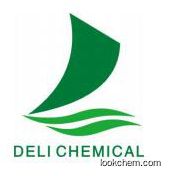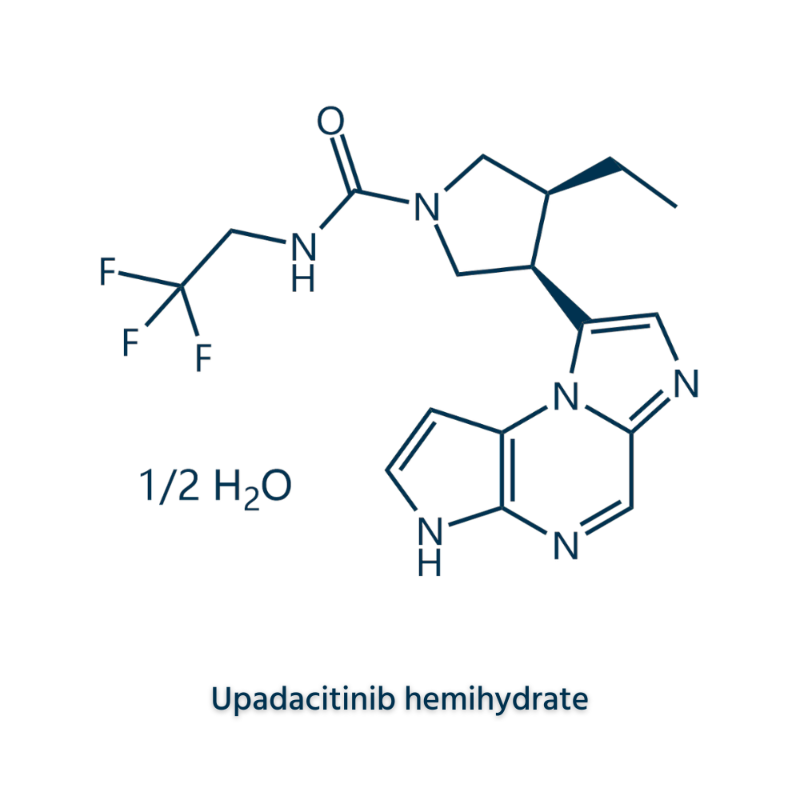-
Categories
-
Pharmaceutical Intermediates
-
Active Pharmaceutical Ingredients
-
Food Additives
- Industrial Coatings
- Agrochemicals
- Dyes and Pigments
- Surfactant
- Flavors and Fragrances
- Chemical Reagents
- Catalyst and Auxiliary
- Natural Products
- Inorganic Chemistry
-
Organic Chemistry
-
Biochemical Engineering
- Analytical Chemistry
-
Cosmetic Ingredient
- Water Treatment Chemical
-
Pharmaceutical Intermediates
Promotion
ECHEMI Mall
Wholesale
Weekly Price
Exhibition
News
-
Trade Service
Patients with invasive breast cancer who underwent new assisted chemotherapy plus human epidermal growth factor receptor 2 (HER2) targeted treatment had a worse prognosis than patients without residuesQuercem monotoantisis attansin (T-DM1) is an antibody-drug conjugate of the qur'ossed monotomatod and cytotoxic drug Aitansin (DM1), a metaxin derivative and microtube inhibitor that is beneficial to metastatic breast cancer patients who have previously received chemotherapy plus HER2 targeted therapy
We conducted a Phase 3 open label trial involving HER2-positive early breast cancer patients who were found to have residual invasive diseases in their breasts or armpits after receiving new complementary treatments containing taxane (with or without acurium ring) and curtly-beaded monosarPatients were randomly assigned to receive complementary therapy for T-DM1 or quertinzumab for 14 cyclesThe main endpoint is the survival of noninvasive diseases (defined as non-co-invasive breast tumor recurrence, recurrence of invasive breast cancer with the same side, progressive invasive breast cancer recurrence, long-term recurrence or death of any cause)
The results showed that in the mid-term analysis, 91 patients in the T-DM1 group had invasive disease or died (12.2%) in 1,486 randomly assigned patients (743 in t-DM1 group and 743 in the quordal monovirus group), and 165 patients in the quorporzumab group had invasive diseases or deaths (22.2%)The estimated proportion of patients with no invasive disease s3 years was 88.3% in the T-DM1 group and 77.0% in the titorbead monobinite groupThe survival rate of non-invasive diseases in the T-DM1 group was significantly higher than that of the titoritus monovirus group (risk ratio of invasive diseases or death, 0.50; 95% confidence interval, 0.39 to 0.64; P.001)In the T-DM1 group, 10.5% of patients and 15.9% of patients in the quralmto monotodeficiency group had distant recurrence as the first invasive disease eventSecurity data is consistent with the known security of T-DM1, and the adverse events associated with T-DM1 are more common than the use of queratol monotortonite alone
In summary, the results showed that in PATIENTs with HER2-positive early breast cancer with residual invasive disease after the completion of new complementary treatment, the risk of recurrence or death of invasive breast cancer in complementary treatment T-DM1 was 50% lower than that of the use of quralum alone







